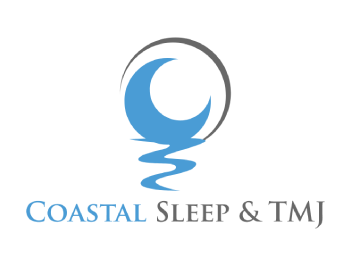Botox for TMJ and Botox for Headaches? It could make you worse…
A few years ago there was a popular TV show with celebrity medical professionals. The focus of one particular episode was Botox treatment for TMJ. The “patient” in this case was a fit, 30-ish female. She was lying on an inclined medical exam table, with an ice pack on her face and a worried look. She was there for the “cure” for her pain: Botox.
During the interview (before the Botox was given), the physician gathered her detailed medical history including all the doctors who tried to help her with her pain, but without success. She mentioned dentists, oral surgeons, neurologists, chiropractors, physical therapists, pain medicine specialists.
Next the patient was asked about her symptoms. She described headaches, neck aches, back aches, lack of energy, fatigue, memory problems, sleep apnea. The host physicians on the show seemed to ignore the sleep apnea mention. They proceeded to administer the Botox, and (not so surprising!) it helped the patient’s acute pain.
Why would sleep apnea matter in this conversation?
Because although sleep apnea was ignored on the show, there is a good chance that her TMJ complaints, and all of her aches and pains, were related to airway issues at night. The most common form of airway issues while sleeping is Obstructive Sleep Apnea, also knowns as OSA. But there are other forms as well, such as Upper Airway Resistance Syndrome, also knowns as UARS.
Many young fit males and females suffer from UARS and never get properly diagnosed. OSA, UARS and airway issues while sleeping are often thought to be a “fat, old man’s disease”. This is a complete myth, and too many people of all gender, body type, and age are suffering with untreated OSA and UARS.
What does this have to do with Botox?
Many people with TMJ complaints have muscles that are really sore. Why are the muscles sore? This is a question that is often overlooked. The reason so many people with airway issues while sleeping suffer from TMJ pain is that the muscles are working overtime to keep the airway open at night, which keeps the patient alive at night.
If Botox is used in these situations then it could actually paralyze the muscles that are protecting the airway at night. It might make the patient’s pain go away for a few months, but what does it do in the long run? By preventing those muscles from keeping the airway open at night, OSA and UARS severity worsen. As a result, the risk of depression, anxiety, high blood pressure, memory problems, low energy, heart attack, stroke, diabetes increase. And when the Botox wears off the TMJ symptoms reappear because the underlying airway problem while sleeping has never been resolved.
A temporary band-aid with potential dire health consequences.
Anyone with TMJ symptoms knows how confusing and frustrating it is to find proper treatment. So, what should you do?
- Make sure you get a good working diagnosis. “TMJ” is not a diagnosis
- Dig deep to find out the actual cause of the problem. This may involve different specialists. An experienced TMJ dentist should have a “team” they use and trust. It is in your best interest to use that team, to get the best results.
- Know and commit to recommended treatment and make changes that are necessary.
- Consider airway issues as a source of your TMJ pain. Be sure your dentist knows the signs of OSA and UARS and is knowledgeable in how they can be related. If airway issues suspected, see a sleep physician for evaluation and possible sleep study.
Bottom Line: Botox may give you temporary relief of acute pain, but are you committed to a lifetime $$$ investment as its effects are only temporary. In addition, are you covering up an underlying problem that could be causing long-term health consequences if left unaddressed?
Oral Appliance Therapy (OAT) by experienced TMJ / Sleep Apnea dentists can reduce pain while increasing energy levels, quality of life, and feeling refreshed!
William Harper DDS, D. ABDSM
Diplomate, American Board of Dental Sleep Medicine
